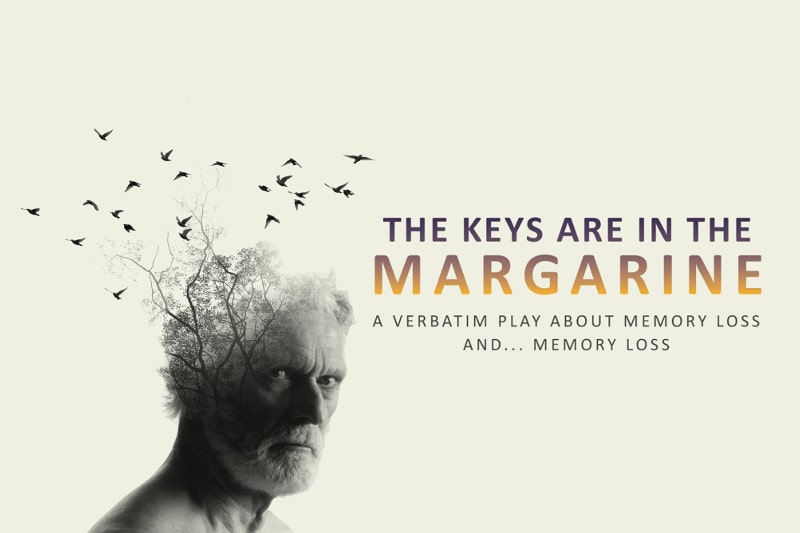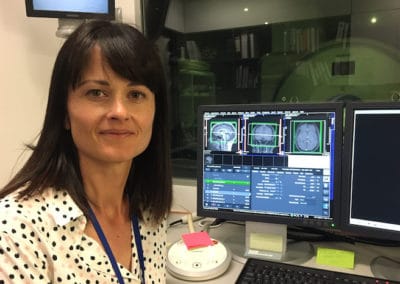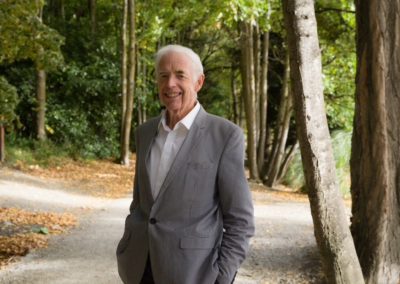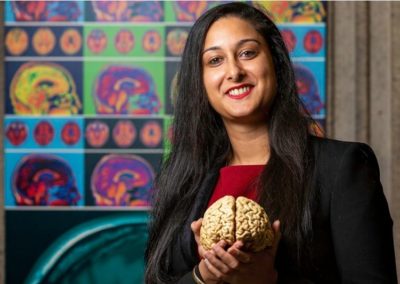Here in New Zealand, people are living longer, and the average life expectancy for both men and women has steadily increased since the turn of the twentieth century. In 1981, people aged 65+ represented less than 10% of the population [1]. Today that fraction is 15%, and the latest statistics suggest that by 2038, one in four of us will be aged over 65 [2]. An ageing population is a true testament to improving living standards, but it comes with its own challenges, particularly around medical needs.
Neurodegenerative disorders, such as dementia, become increasingly common with age. Different from ‘normal’ forms of memory loss, dementia is a progressive condition that alters the structure and function of a person’s brain. The most common form is Alzheimer’s disease. Dementia symptoms vary between individuals, and are often related to when the disease first occurs. Regardless, dementia can significantly limit a person’s ability to perform everyday tasks, affecting not only those living with the condition, but also their whānau.
BRNZ’s mission is to expand our understanding of these conditions, in order to improve quality of life and enable positive ageing for older people. Our main output comes in the form of our research, which, as BRNZ Co-Director Professor Cliff Abraham explains, covers a wide range of topics. “Our goals are ambitious – to understand the biological mechanisms behind Alzheimer’s, Huntington’s and Parkinson’s diseases, and stroke. So, we have to use a variety of different tools – in some areas, it might be cultured human brain cells, or different animal models. We have developed new technologies, and have trialled therapies. We also work on large-scale longitudinal studies, which are helping us to identify the risk factors, lifestyle factors and social factors that contribute to brain decline.”
Perhaps most importantly of all, BRNZ also works closely with the community through public education, organisational partnerships, and the national network of Dementia Prevention Research Clinics. And now, to mark World Alzheimer’s Month 2019, they’re moving out of the lab and onto the stage! BRNZ have partnered with the team behind The Keys Are in The Margarine to take the production on tour around NZ.
The Keys is a ground-breaking play about the realities of living with dementia. It was created by Dunedin-based theatre director, Cindy Diver, GP Dr Susie Lawless, and Professor Stuart Young from the University of Otago’s School of Performing Arts. It evolved out of Cindy and Stuart’s research into verbatim theatre, which she describes as a “unique technique that can tell truthful stories in a truthful manner.” It was during the research programme that Cindy realised how valuable this form of theatre could be in vulnerable settings, “where there is a story to be told, or a stigma around a topic, which mean that it isn’t necessarily safe for a person to share that story.” Their first big verbatim project was a play called Hush, which centred on family violence. The idea for a similar play around dementia came later, through a connection with GP Susie. Together, the trio applied for funding and ethics approval from Otago, and once granted, began the long process of creating The Keys Are in The Margarine.
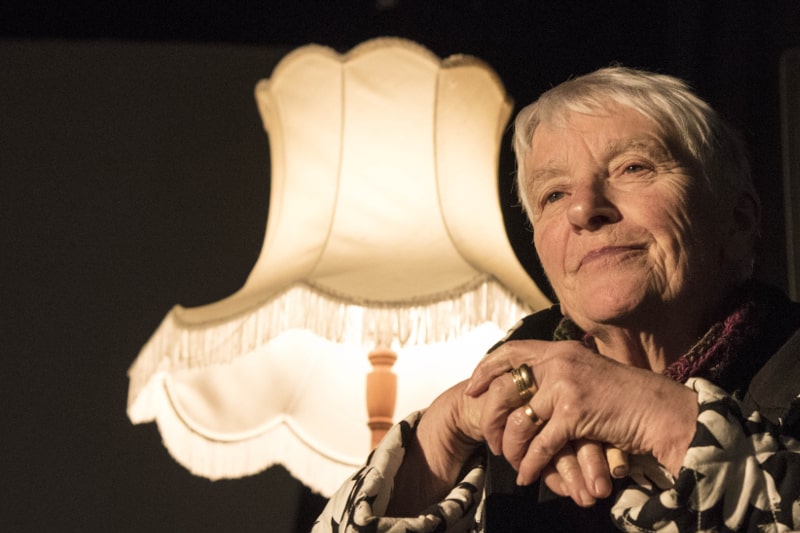
A verbatim play is not strictly ‘written’. Rather, it aims to faithfully reproduce real-life conversations, so the first step is to record interviews with a wide variety of people, known as collaborators. These interviews are edited into a documentary that is shared only with the actors. Then, as Cindy explains, each actor uses the film to learn their parts, “studying the collaborator’s eye movements, hesitations, hand gestures, vocal intonations, and every word of the edited interview.” While they’re performing on stage, each actor is also listening to the audio of their collaborator via earphones. “They speak in time with that person, which means that they stay 100% honest,” says Cindy. “The performance manages to bring the audience into the collaborator’s room, while keeping the collaborator safe and anonymous.”
Dementia is not always easy to talk about, but Cliff Abraham believes that working with Cindy and her colleagues will help BRNZ to engage with the public on a more personal, emotional level. “As scientists, we naturally turn to peer-reviewed articles and public lectures to share what we do. But this is very different. Like most good theatre, The Keys is not just entertaining. It also makes people think – about what it means to be diagnosed with Alzheimer’s disease, or to live with and care for someone with the condition.” He continues, “If we can make critical aspects of our science more accessible, we stand a much greater chance of changing attitudes and behaviours around brain health, and ultimately, staving off Alzheimer’s disease for longer.”
Cindy Diver agrees that this collaboration offers a unique opportunity, “Alzheimer’s is a disease that is full of complexity and uncertainty. The emotions of coping with it, though, come down to human nature. Combining art and science to unpick all of that is very powerful.”
The Keys Are in The Margarine will tour around NZ throughout October – follow this link for the full list of dates, venues and details of where you buy your tickets.
In addition, immediately following the Wellington performance on Saturday 12th October, there’ll be a special Q&A panel. It will include Cindy Diver, Prof Cliff Abraham, Dr Phil Wood (Ministry of Health’s Chief Advisor on Healthy Ageing) and Assoc Prof Lynette Tippett (Director of NZ’s Dementia Prevention Research Clinics).
– Written by Laurie Winkless
